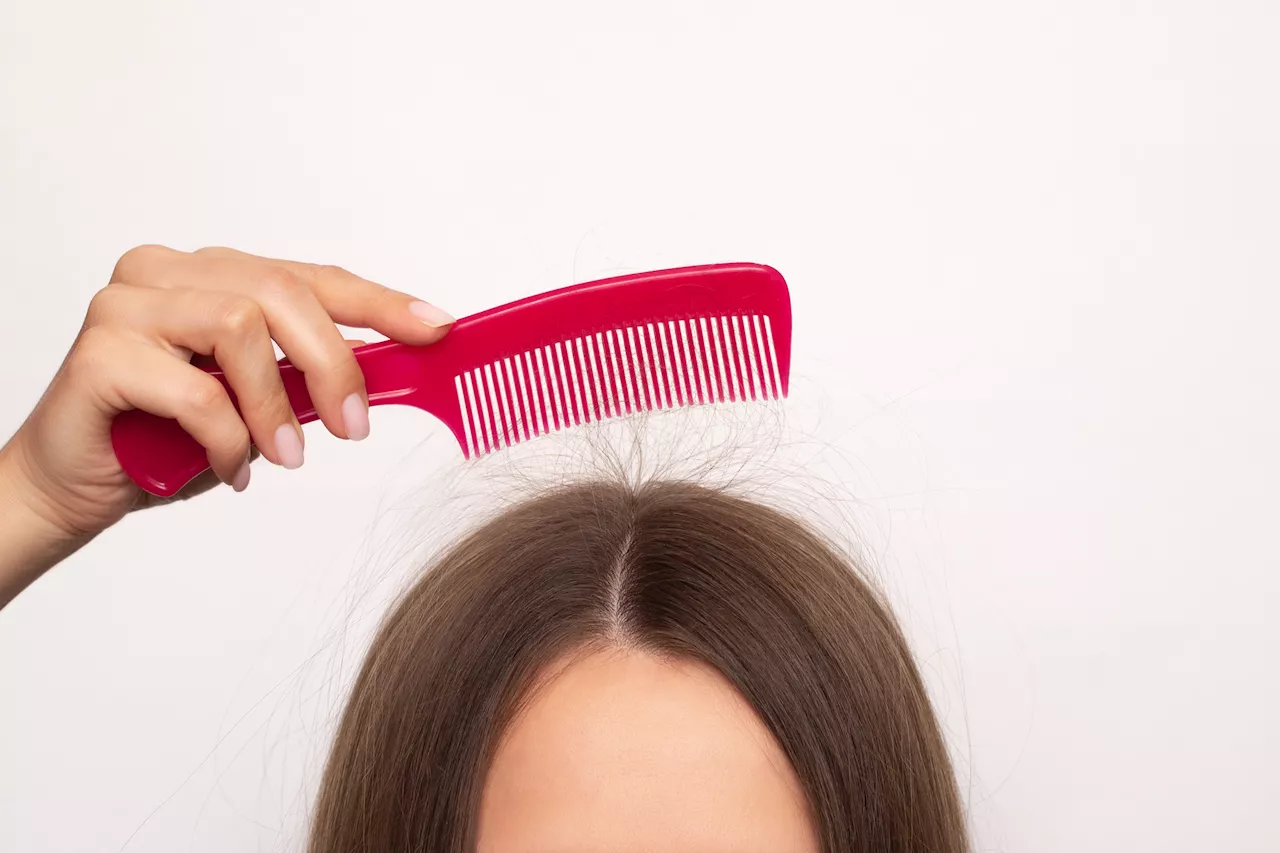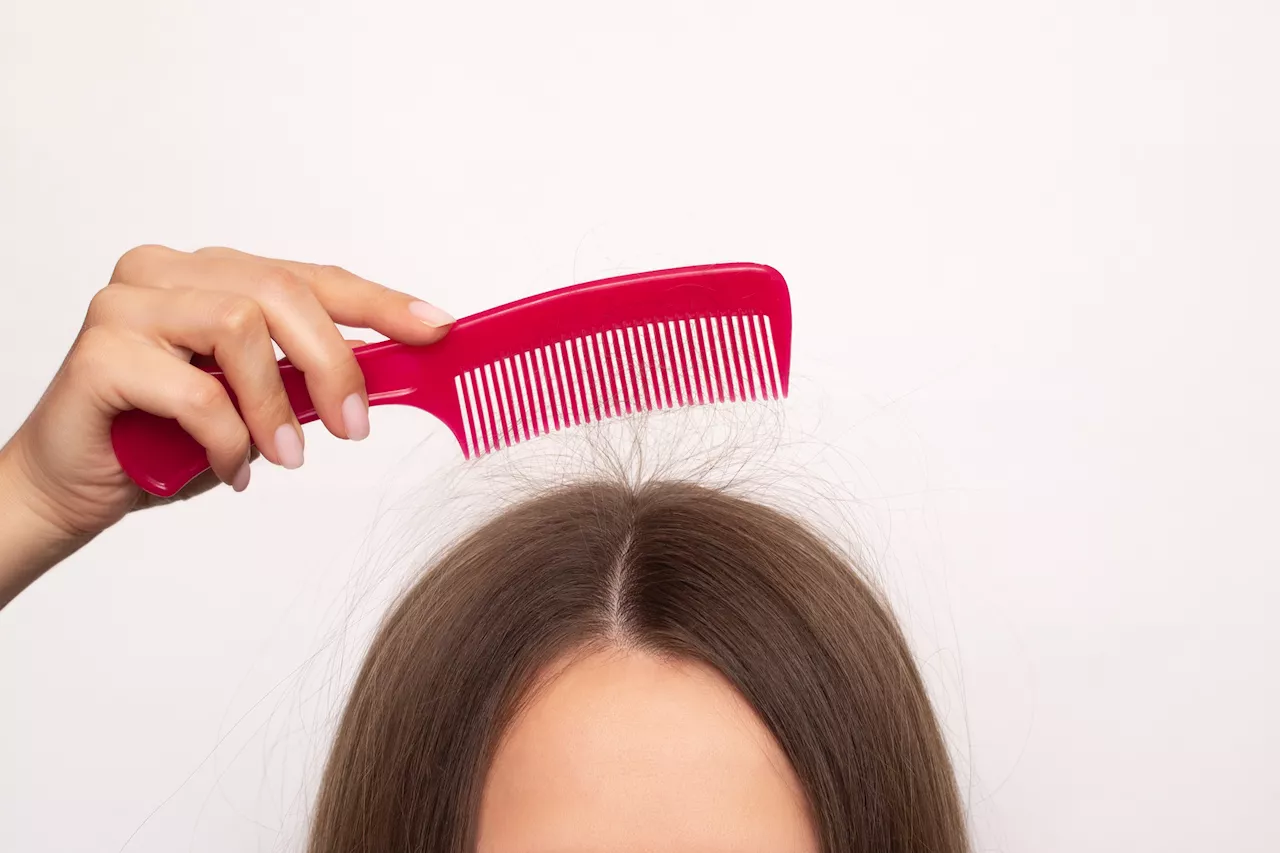This article explores the detrimental effects of a negative inner voice and offers seven evidence-based strategies to counteract self-criticism and promote a more positive self-image. From neuroplasticity and mindfulness to positive affirmations and self-compassion, these techniques can help individuals transform their inner dialogue and cultivate greater well-being.
Sometimes in our lives, we might be haunted by our inner voice that fills our minds with doubt and harsh criticisms. This negative voice in our head keeps on exaggerating our faults and does not recognize our strengths. The inner critic shapes the way we feel about ourselves and creates a haze of negativity we need to overcome to gain our equilibrium again. We need to recognize our inner voice and quiet it so we can gain a positive outlook on life again.
Neuroplasticity is how the brain has the capacity to rewire itself by constructing new neural connections that provide hope for individuals struggling with a severe inner critic. It is very important to develop positive thought patterns and behaviors; this allows us to change the structure and rewiring of our neural pathways to achieve a more kind and positive outlook. Mindfulness and meditation are powerful tools for becoming more self-aware of our inner thoughts and emotions. If we embrace mindfulness we can see our thoughts more clearly and refrain from being judgmental and recognize that our criticisms of ourselves are transient in nature and will disappear in time. By embracing meditation techniques, we can be kinder and gentler and show greater compassion to ourselves. Practicing by silently repeating a mantra such as 'I am happy and content; may I greet each day with a smile' can help cultivate a gentler dialogue with ourselves.Positive affirmations reinforce positive beliefs about ourselves. By regularly repeating affirmations such as 'I am worthy', 'I am capable', and 'I am loved', we are able to counteract negative self-talk and create new, positive neural pathways. The key is the consistent repeating of these positive affirmations; the more they will become entrenched in our consciousness. Cultivating gratitude can shift our focus from what we lack to what we have. It is good practice to keep a daily gratitude journal to log the positive aspects of our lives. By writing it down, you start to weaken the inner critic inside and start to shift your self-perception. Self-compassion requires showing ourselves the kindness and understanding we would give a friend. When we make mistakes or encounter challenges, we can practice self-compassion by recognizing our imperfections and offering comfort and support rather than self-criticism. Psychologist Kristin Neff, a leading researcher in self-compassion, suggests three components: self-kindness, common humanity (recognizing that everyone makes mistakes), and mindfulness. Cognitive Behavioral Therapy (CBT) techniques, like the 'thought record', can help. In this technique, we identify a negative thought, examine it in detail to refute it, and then create a more realistic, balanced, and positive thought.Getting enough sleep and engaging in physical self-care will make it easier to develop a foundation for a more positive and happy disposition and be kinder to ourselves. Changing our neural pathways to embrace greater self-kindness is a gradual journey rather than an immediate one. If we practice regularly mindfulness, positive affirmations, gratitude, self-compassion, and physical self-care, we can gradually improve our inner dialogue, building a more positive and supportive relationship with ourselves
SELF-COMPASSION MINDFULNESS POSITIVE AFFIRMATIONS NEUROPLASTICITY INNER CRITIC
United States Latest News, United States Headlines
Similar News:You can also read news stories similar to this one that we have collected from other news sources.
 Curl Cream: Your Guide to Taming Frizz and Defining CurlsThis article provides a comprehensive guide on choosing and using curl creams for various hair types. It covers everything from the benefits of curl creams to factors like hair thickness and ingredient considerations.
Curl Cream: Your Guide to Taming Frizz and Defining CurlsThis article provides a comprehensive guide on choosing and using curl creams for various hair types. It covers everything from the benefits of curl creams to factors like hair thickness and ingredient considerations.
Read more »
 Joel Kaplan: The Shadow Power Behind Meta's Trump-Taming StrategyMeta's recent shakeup, including the suspension of fact-checking and DEI programs, and the appointment of Joel Kaplan to head global policy, points to a strategic move to appease Donald Trump. Kaplan, Mark Zuckerberg's political advisor, is now the public face of Meta, tasked with defending the company against any backlash from the new Trump administration. This article delves into Kaplan's influence on Meta and his history of navigating political waters, uncovering the lengths the company will go to maintain its relationship with Trump.
Joel Kaplan: The Shadow Power Behind Meta's Trump-Taming StrategyMeta's recent shakeup, including the suspension of fact-checking and DEI programs, and the appointment of Joel Kaplan to head global policy, points to a strategic move to appease Donald Trump. Kaplan, Mark Zuckerberg's political advisor, is now the public face of Meta, tasked with defending the company against any backlash from the new Trump administration. This article delves into Kaplan's influence on Meta and his history of navigating political waters, uncovering the lengths the company will go to maintain its relationship with Trump.
Read more »
 Taming the Beast: Medical Students' Guide to Time ManagementThis article explores the unique challenges and strategies medical students face in managing their demanding schedules. From pre-clerkship to residency applications, it highlights the importance of adaptability, prioritization, and seeking support from peers and mentors.
Taming the Beast: Medical Students' Guide to Time ManagementThis article explores the unique challenges and strategies medical students face in managing their demanding schedules. From pre-clerkship to residency applications, it highlights the importance of adaptability, prioritization, and seeking support from peers and mentors.
Read more »
 Taming the Tumbler Chaos: The Best Organizers for Your KitchenDiscover a collection of innovative organizers designed to conquer the clutter caused by tumbler accessories like lids and straws. From over-the-door solutions to sleek countertop racks, these products will transform your kitchen into a streamlined and efficient space.
Taming the Tumbler Chaos: The Best Organizers for Your KitchenDiscover a collection of innovative organizers designed to conquer the clutter caused by tumbler accessories like lids and straws. From over-the-door solutions to sleek countertop racks, these products will transform your kitchen into a streamlined and efficient space.
Read more »
 Taming Winter Static Hair: Tips and TricksDiscover why your hair gets static in winter and explore common solutions like hair oils, ionic dryers, and choosing silk or satin hats.
Taming Winter Static Hair: Tips and TricksDiscover why your hair gets static in winter and explore common solutions like hair oils, ionic dryers, and choosing silk or satin hats.
Read more »
 Taming the Winter Static: Haircare Tips for Dry MonthsLearn how winter weather can cause hair static and discover practical tips to combat frizz and dryness. From understanding the science behind static electricity to exploring effective haircare solutions, this article provides valuable insights for maintaining healthy and manageable hair during the winter.
Taming the Winter Static: Haircare Tips for Dry MonthsLearn how winter weather can cause hair static and discover practical tips to combat frizz and dryness. From understanding the science behind static electricity to exploring effective haircare solutions, this article provides valuable insights for maintaining healthy and manageable hair during the winter.
Read more »
